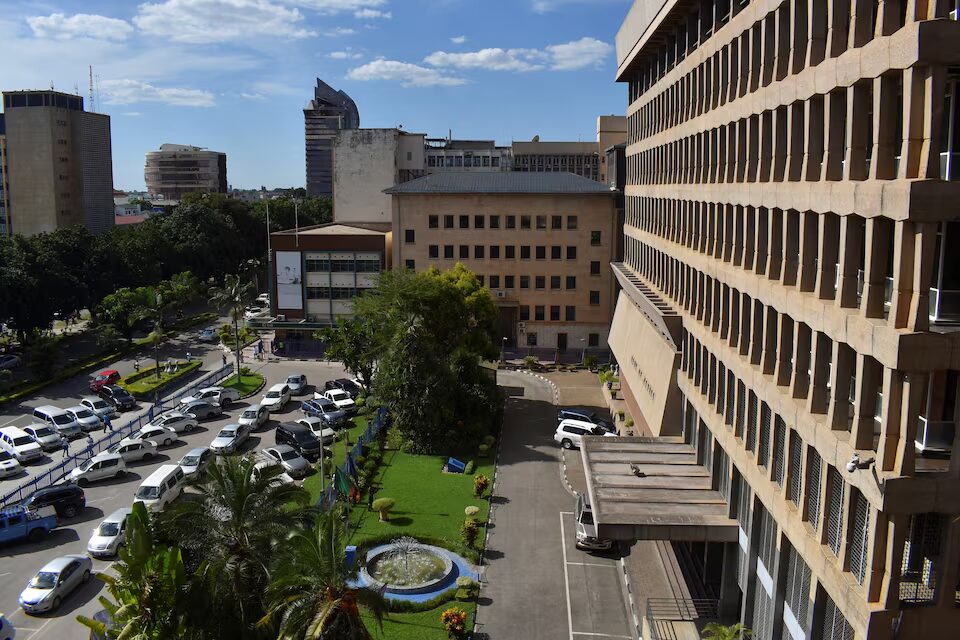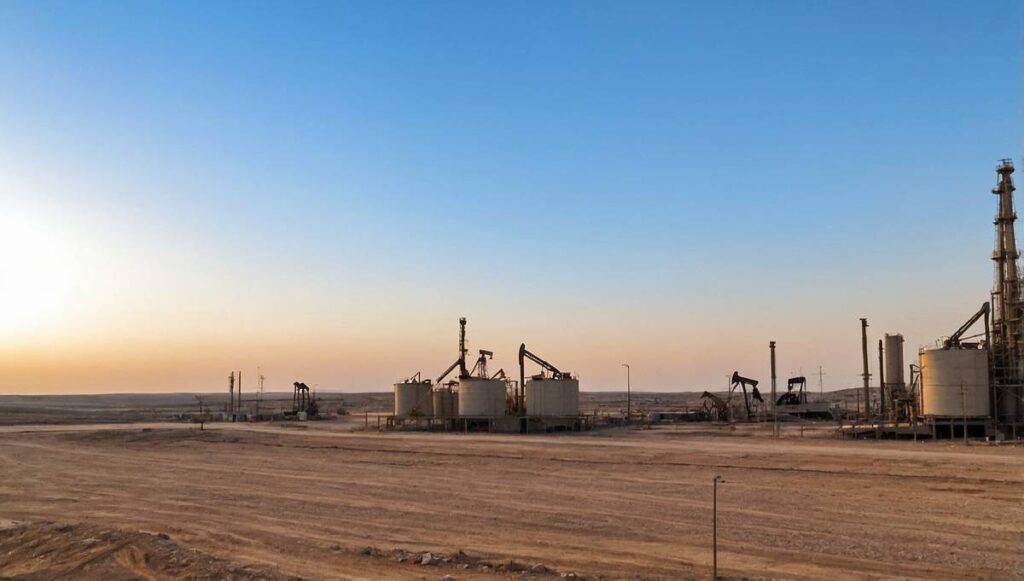
Wednesday, 26th November 2025

by inAfrika Newsroom
Efforts to finalise Central Africa mine restoration funding rules have hit a new deadlock between the Bank of Central African States (BEAC) and major oil and mining operators. After years of negotiations, discussions on the repatriation of site rehabilitation funds into the CFA franc zone remain stuck, according to reporting by Africa Intelligence and recent legal briefings. The dispute centres on how much money should be held in escrow accounts under BEAC oversight and under what legal protections.
The Central Africa mine restoration regime is meant to ensure that companies set aside resources to clean up wells, pits and pipelines once projects end. However, operators worry about currency-convertibility risks, returns on idle balances and potential interference with existing contracts. Some firms also argue that they already comply with environmental obligations in home-country jurisdictions, and that duplicating rules in the CEMAC bloc could raise costs without improving outcomes.
Regional leaders have previously backed BEAC’s push, warning that fragmented arrangements leave states exposed to unfunded liabilities and degraded land. Moreover, the IMF has linked stronger management of restoration funds to wider efforts to shore up foreign-exchange reserves and stabilise public finances in the bloc. Yet the latest impasse suggests a compromise on escrow terms, interest and dispute-resolution mechanisms remains elusive.
Under current proposals, Central Africa mine restoration funds would sit in designated BEAC-domiciled accounts, with strict rules on withdrawals tied to verified clean-up work. Supporters say this would protect host communities from being left with abandoned infrastructure and pollution once production ends. Opponents want more flexible arrangements, including the option to hold part of the funds offshore or in different currencies. Consequently, the regulatory debate has become a test case for how far CEMAC can tighten capital controls on the extractive sector.
How Central Africa handles mine restoration will influence similar debates in other resource-rich African regions. Strong, enforceable rules can prevent “orphaned” oil fields and mines, lower long-term health and environmental costs, and signal that governments take ESG obligations seriously. At the same time, poorly designed regulations could deter investment or drive projects to less stringent jurisdictions. The outcome will help determine whether African producers can balance urgent revenue needs with the duty to protect land, water and communities long after the last barrel or tonne is extracted.


